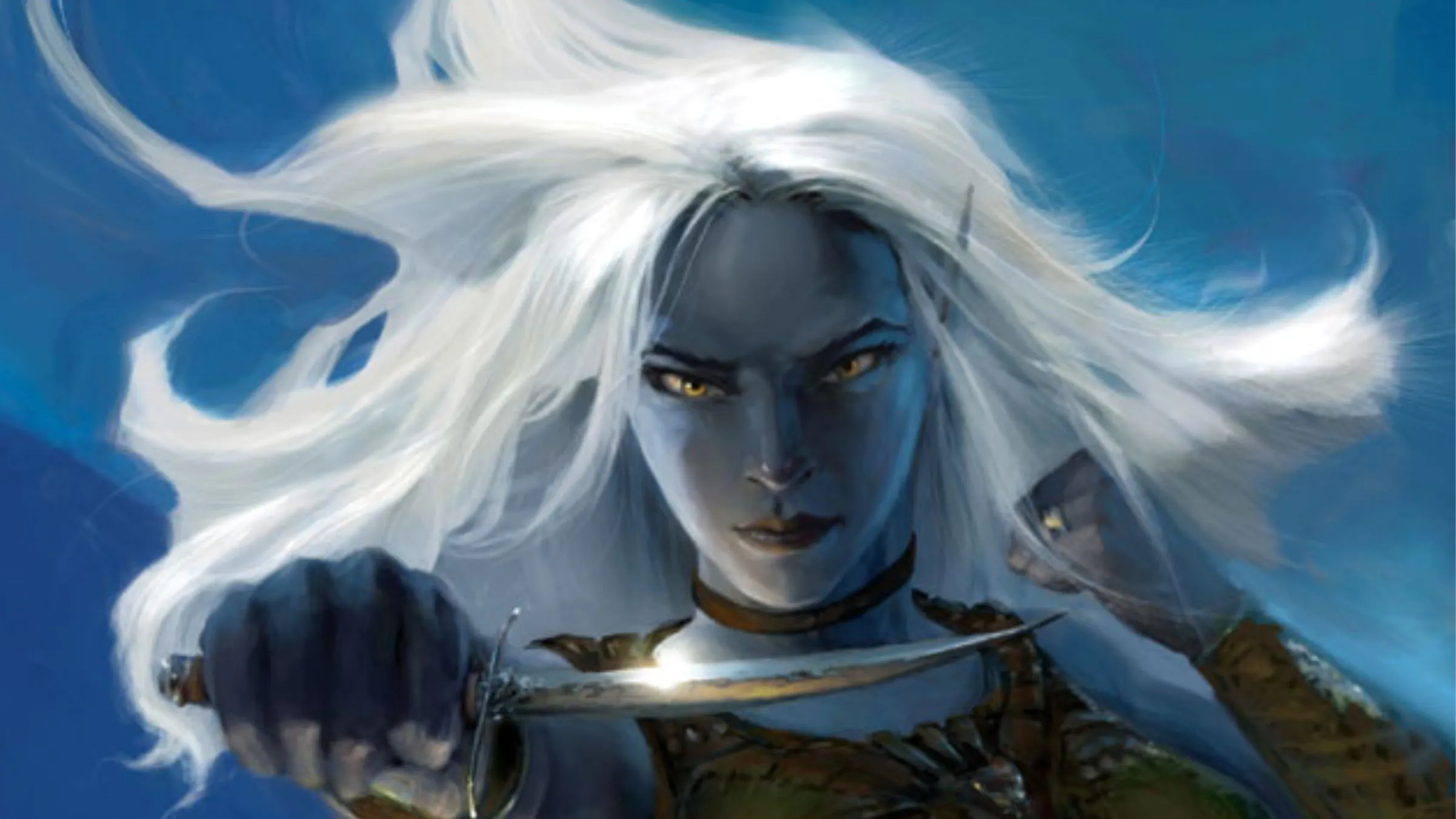
Role-playing games, or RPGs, have been around almost as long as video games themselves, and they’re popular because they let you create unique characters and enjoy a sense of accomplishment as they improve. Over time, the genre has evolved, with some older features becoming less common as new trends emerge. While many of these changes are positive, players often miss certain classic elements and would like to see them make a comeback in newer RPGs.
Modern role-playing games (RPGs) have been heavily influenced by trends like online play, constantly updated content, and large, open worlds. This has led to some older features, such as traditional turn-based battles and smaller, self-contained game areas, becoming less common. However, these classic elements still have a lot to offer, and here are five RPG mechanics that deserve a return in today’s games.
5. Local Co-Op

I have a lot of great memories of playing older RPGs with a friend right beside me. Games like Baldur’s Gate: Dark Alliance let both players experience the whole story together, instead of taking turns or having someone watch. It made the game much more fun and memorable, and I wish more new RPGs offered that same kind of shared experience.
Nowadays, most games prioritize playing with others online rather than locally with someone on the same couch. This makes it surprisingly difficult to find a game you can enjoy together in person. Cooperative games are often limited to certain types of games, and it’s unusual to find a role-playing game that truly supports two players sharing the experience.
4. Smaller, More Detailed Maps

Open-world games are incredibly popular right now, and it feels like many RPG developers believe their games have to be open-world to succeed. While I enjoy a massive adventure like Skyrim, there was a special quality to the detailed and carefully designed smaller maps in older RPGs that’s often missing today.
While expansive RPGs are popular now, many have traded detailed, compact maps for huge, often empty worlds. There’s something really rewarding about thoroughly exploring smaller areas – especially if you like finding everything – because you truly feel like you understand the world and discover all its secrets. Hopefully, more RPGs will focus on creating rich, well-developed worlds instead of just making them big again.
3. Fixed Save Points

A common debate among RPG players revolves around older games’ limited save systems. Back then, games often only let you save at specific points. This made battles more stressful, as dying meant losing a significant amount of progress, forcing players to be extra careful.
These days, most role-playing games automatically save your progress, which is great for players like me who often struggle with the combat! While it’s convenient, it does take away some of the tension because you don’t need to find a specific save point. Some veteran gamers actually miss the challenge of limited saves, remembering a time when losing progress meant repeating a significant portion of the game. It’s a feature that’s become rare, but many RPG fans would love to see it make a comeback.
2. Random Encounters

Older games often started battles unexpectedly, whether you were exploring outdoors or inside a dungeon. A classic example is in Final Fantasy, where the screen would suddenly break to signal combat. These encounters were unavoidable because there was no way to know they were coming.
I’ve noticed a big change in RPGs lately. They used to have those random battles that would just happen as you were exploring, but now most games show you the enemies right on the overworld map. This usually goes along with faster, real-time combat instead of turn-based, which is cool, but it also means you can just avoid fights if you want. Honestly, as a fan, I miss the old way a bit. Those random encounters added a real sense of danger and made things feel less predictable. It made the world feel tougher, and I’d love to see them make a comeback!
1. Strict Alignment and Karma Systems that Impact the Narrative

Older role-playing games often featured systems that tracked your character’s morality, influencing the story and how it ended. These systems usually categorized choices as simply good or evil. Fable is a prime example – your character’s appearance would even change depending on whether you made good or evil choices during the game.
Games today often feature complex choices that shape the story. When done right, like in Baldur’s Gate 3, this creates a captivating experience. However, sometimes these choices have little effect, making the story feel less responsive to player actions. Reintroducing clearer moral alignment systems – like those that distinguish between good and evil – could make choices feel more meaningful and recapture the impact of classic RPGs.
What RPG features from the past would you like to see used in games today? Share your thoughts in the comments below and join the discussion on the ComicBook Forum!
Read More
- The Most Jaw-Dropping Pop Culture Moments of 2025 Revealed
- Ashes of Creation Rogue Guide for Beginners
- ARC Raiders – All NEW Quest Locations & How to Complete Them in Cold Snap
- Best Controller Settings for ARC Raiders
- Where Winds Meet: How To Defeat Shadow Puppeteer (Boss Guide)
- Ashes of Creation Mage Guide for Beginners
- Where Winds Meet: Best Weapon Combinations
- My Hero Academia Reveals Aftermath Of Final Battle & Deku’s New Look
- Hazbin Hotel season 3 release date speculation and latest news
- Netflix’s One Piece Season 2 Will Likely Follow the First Season’s Most Controversial Plot
2025-11-02 23:41